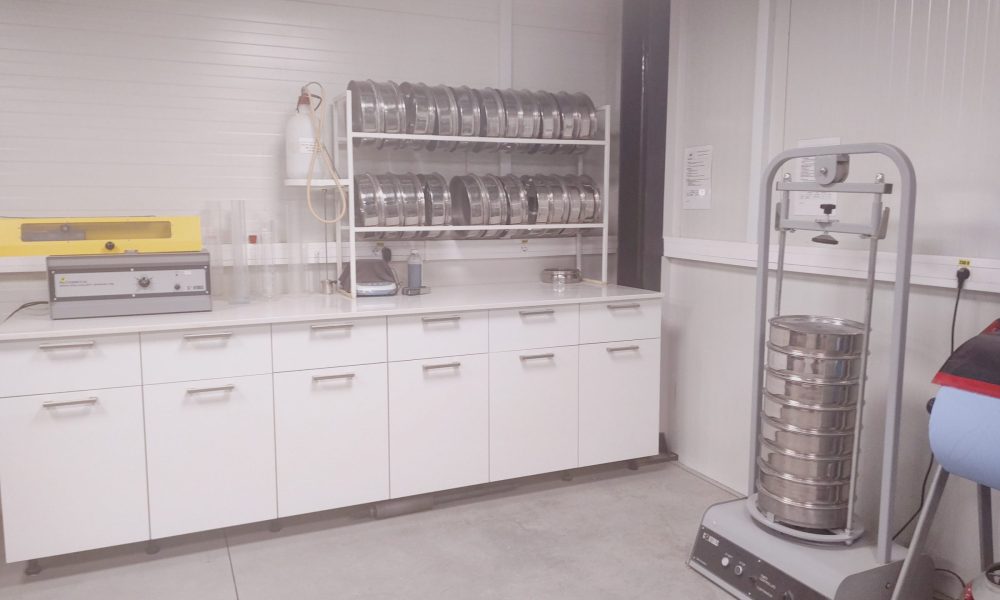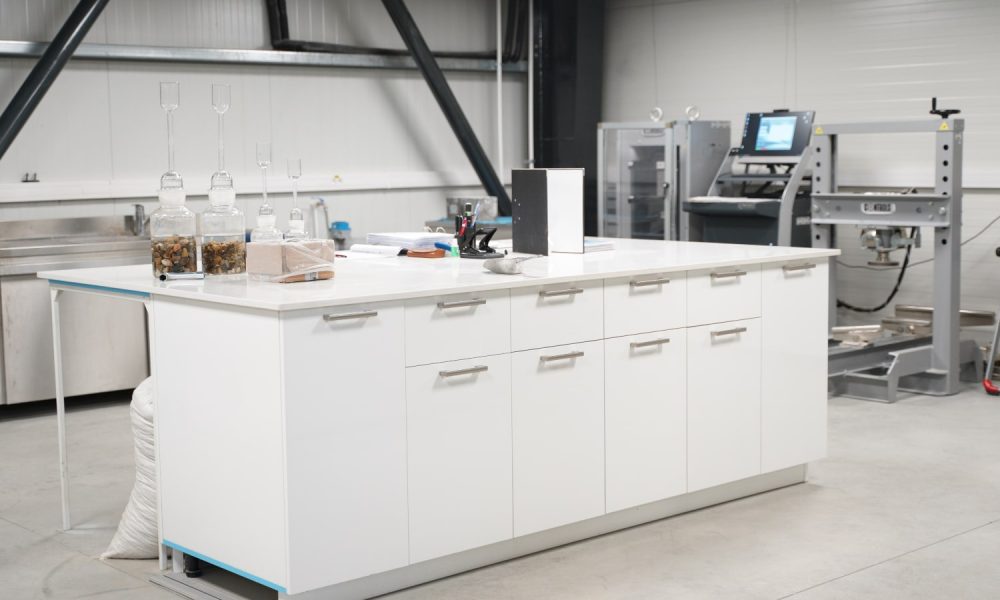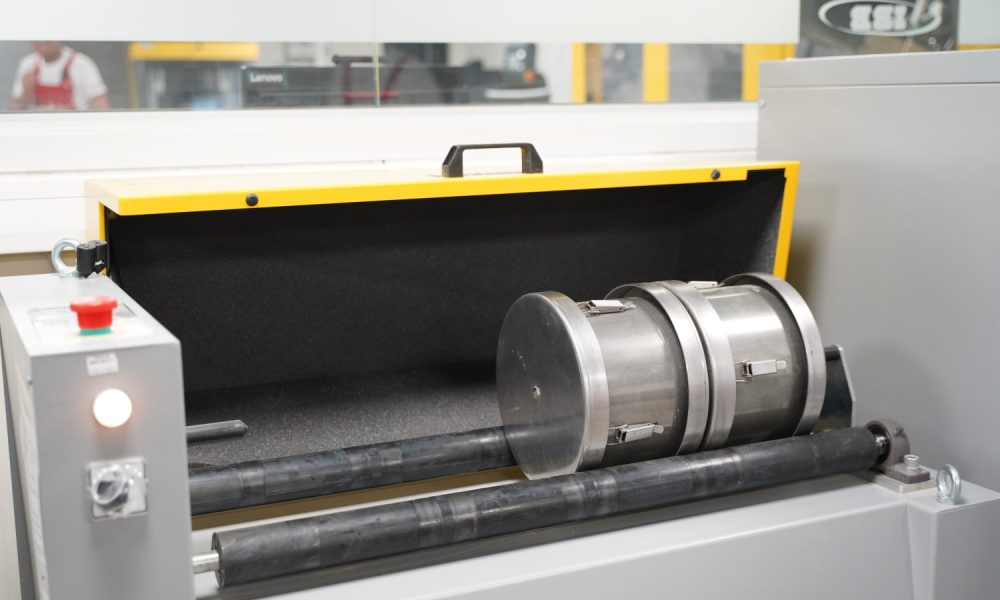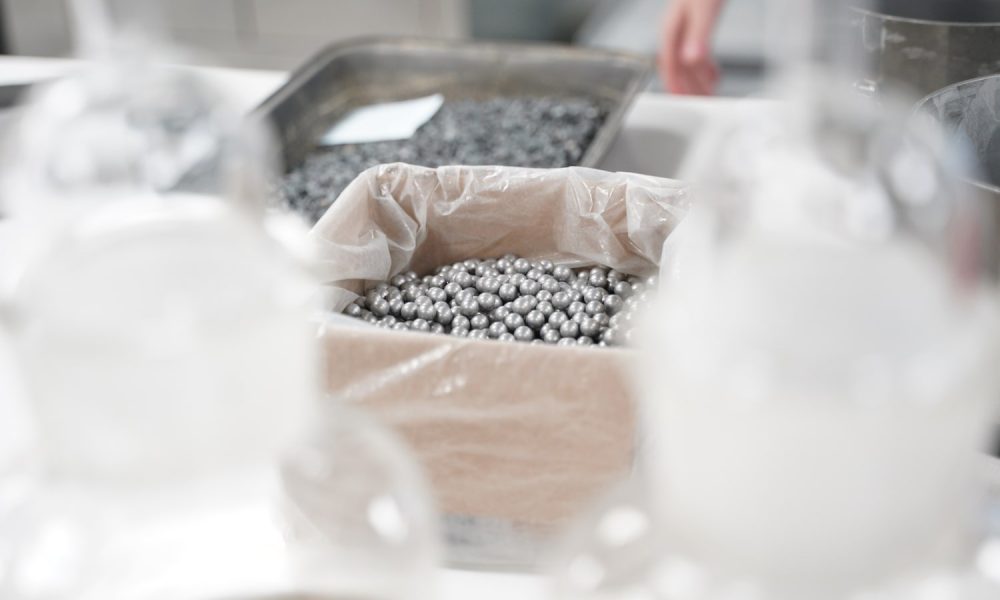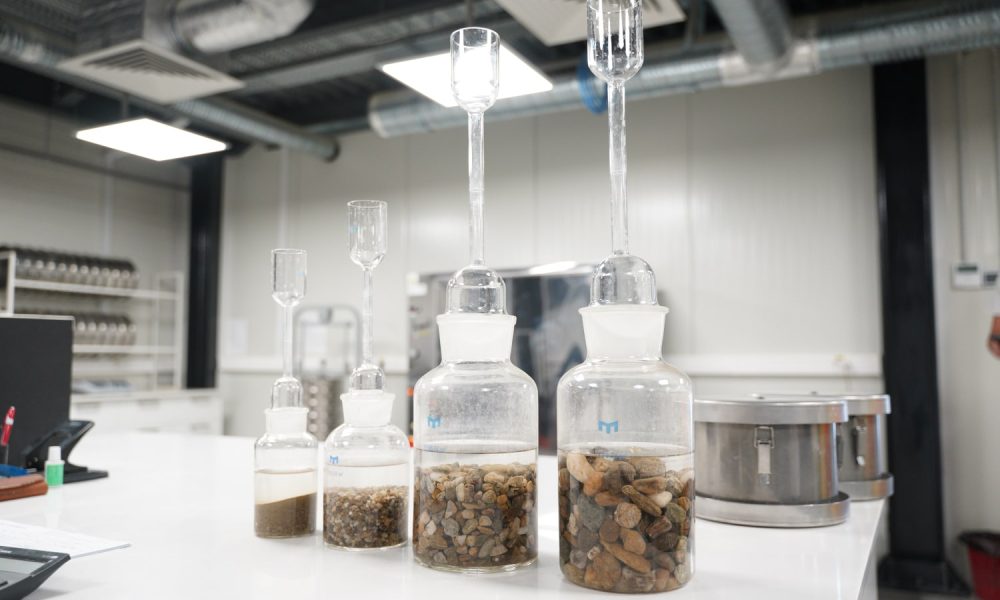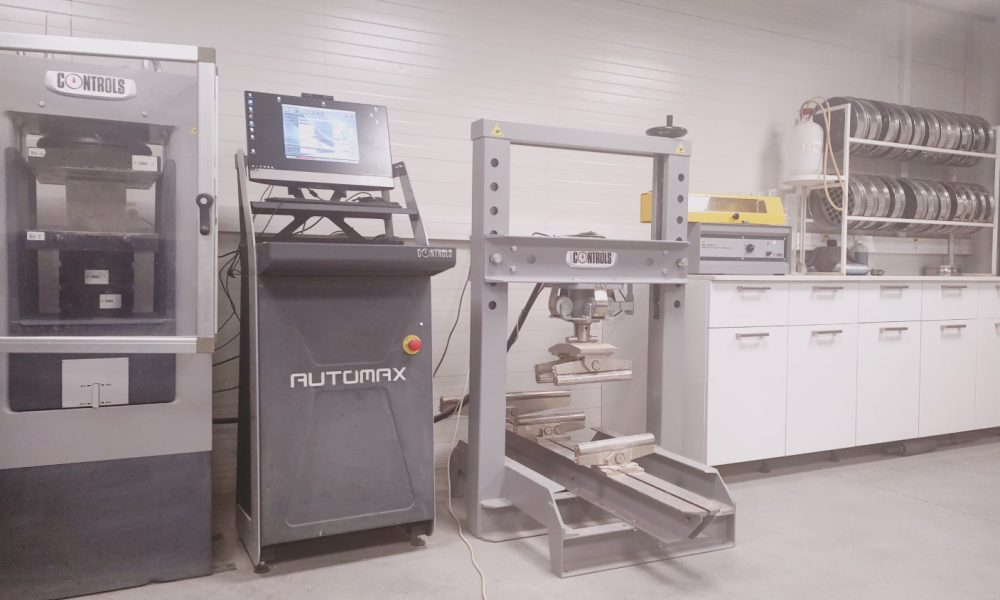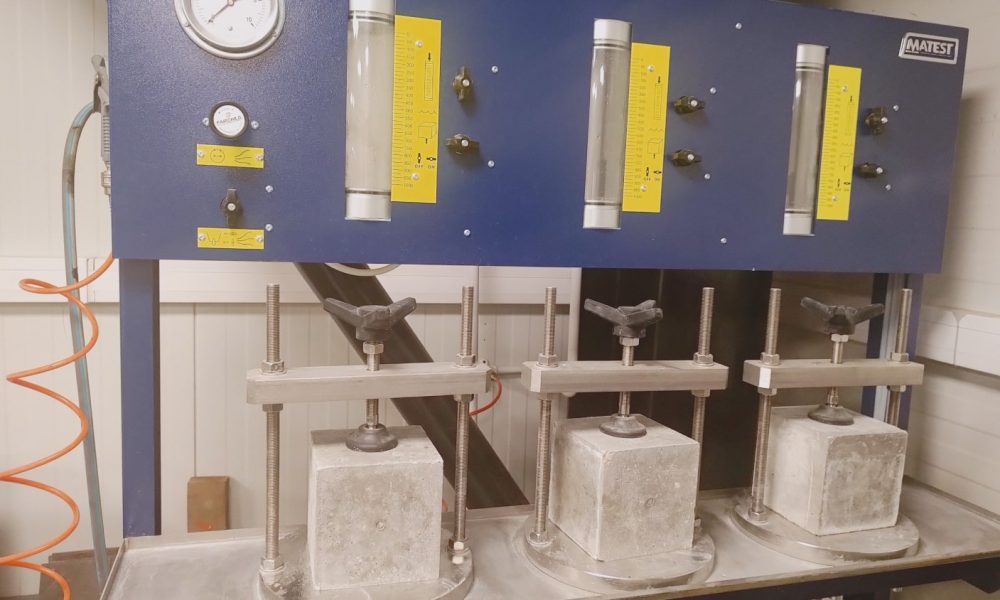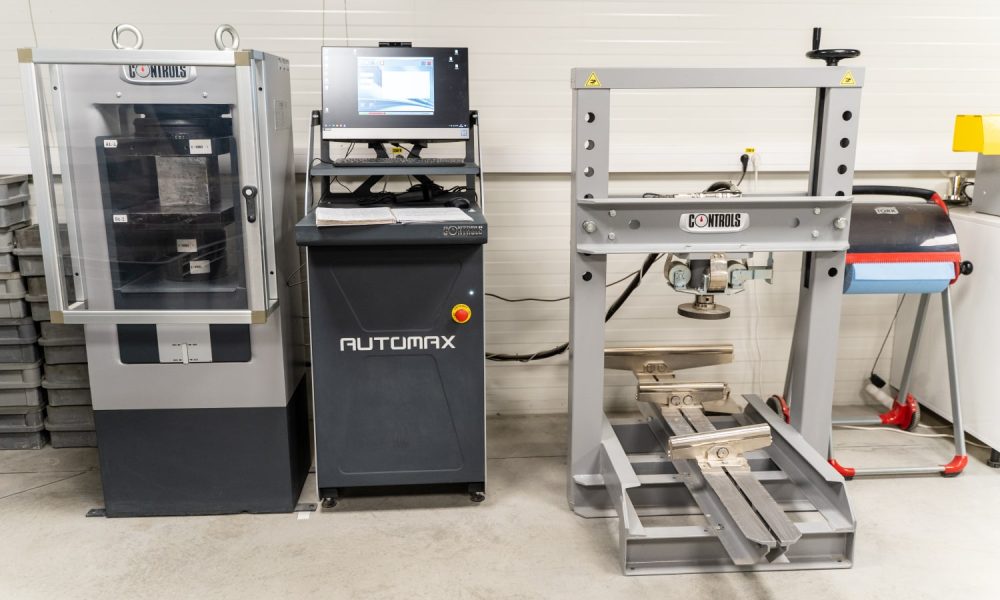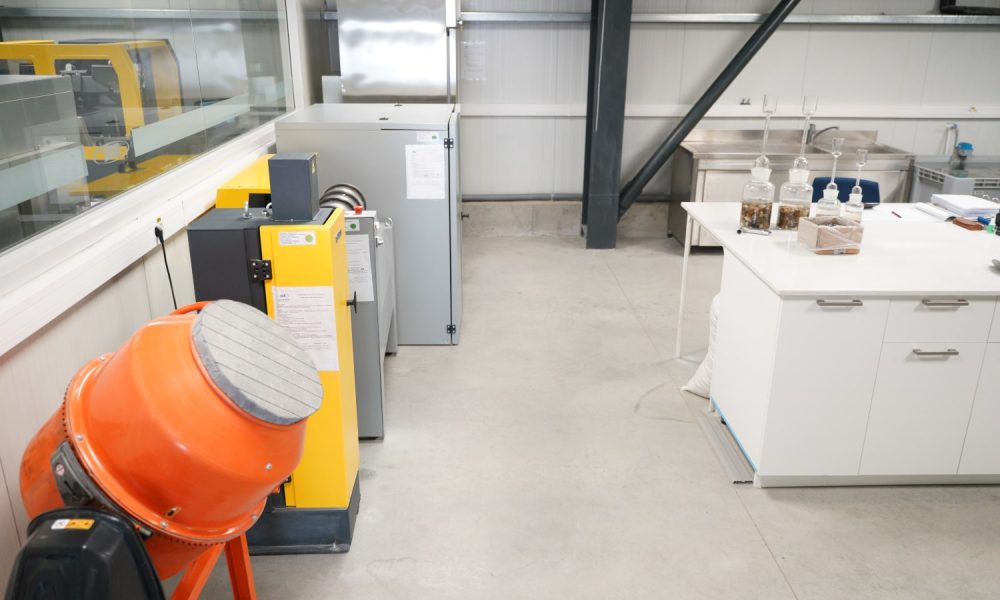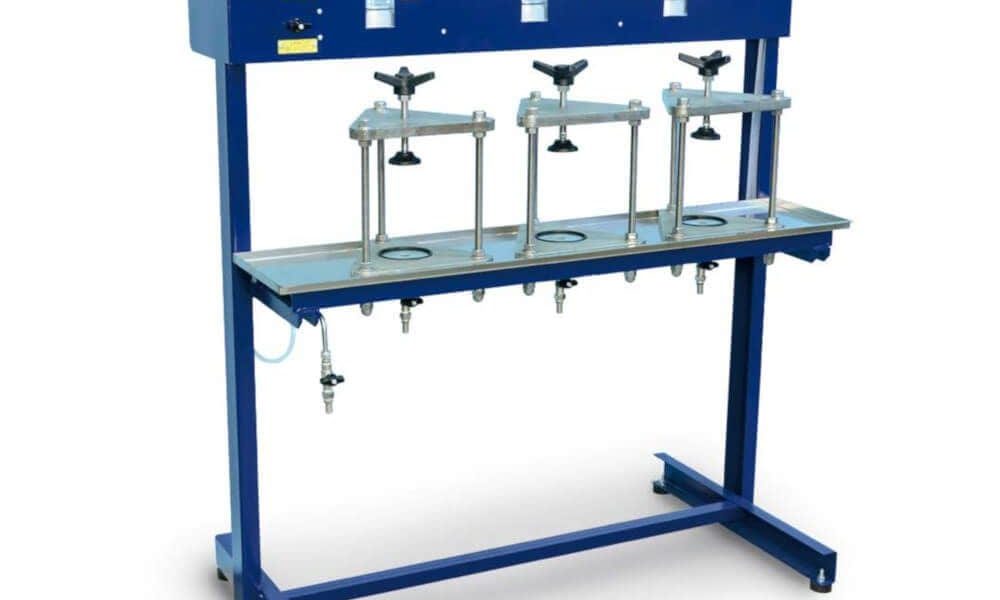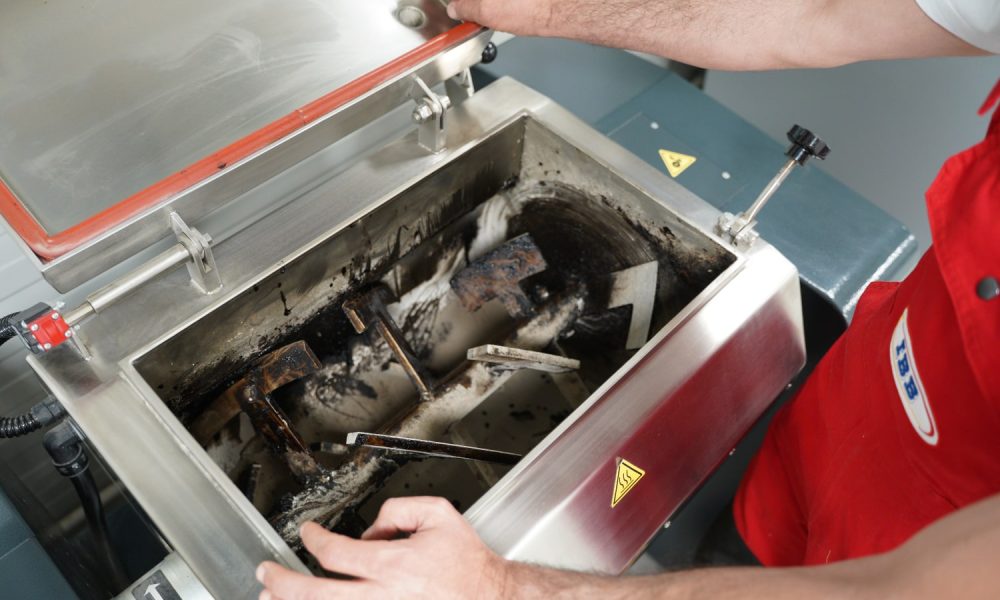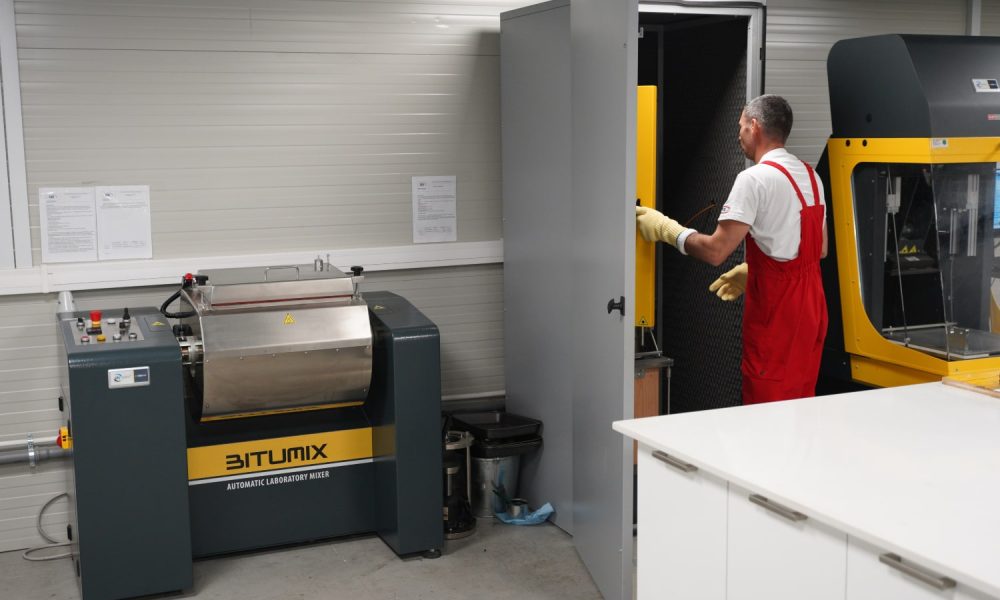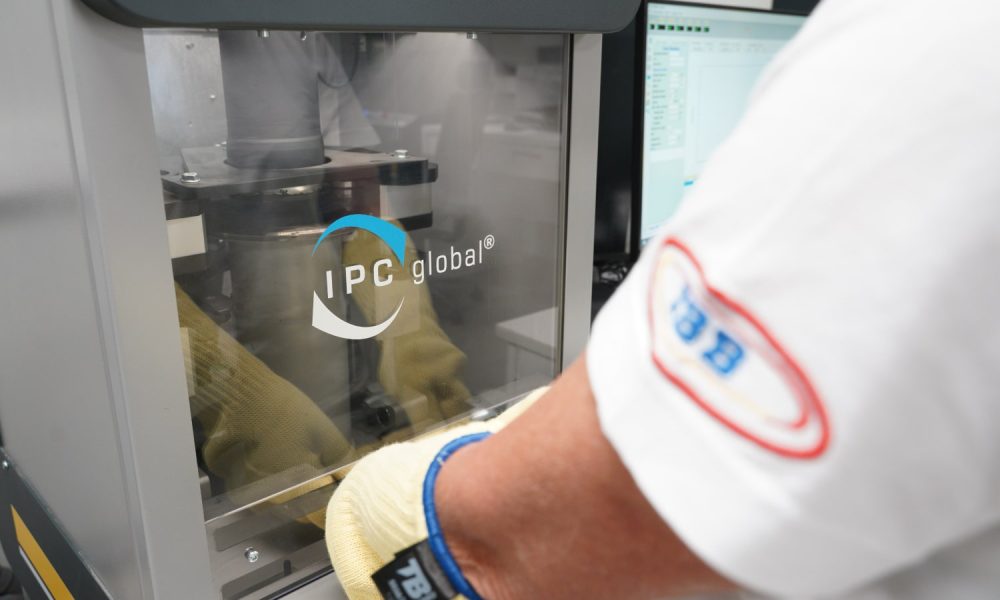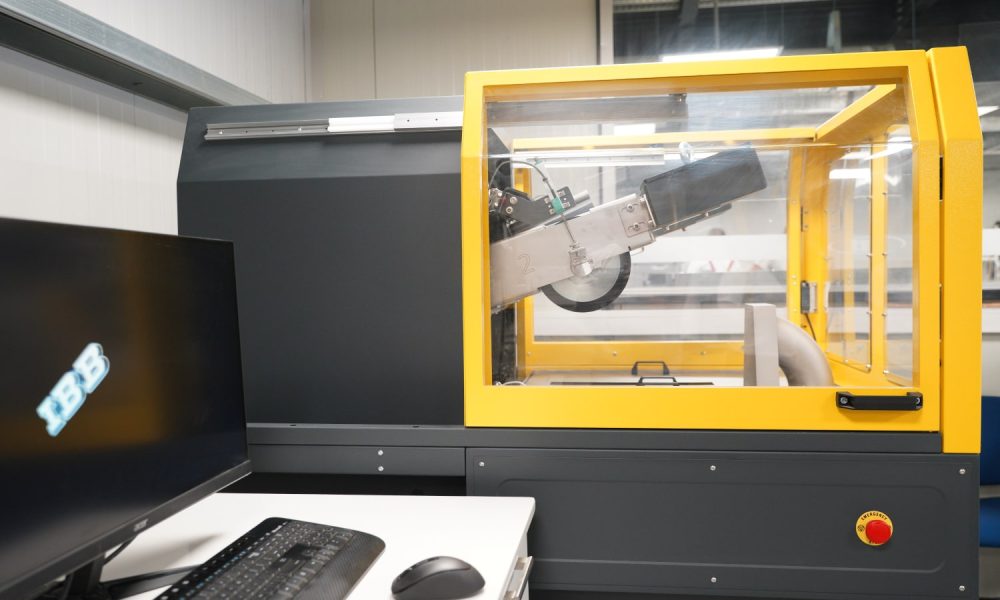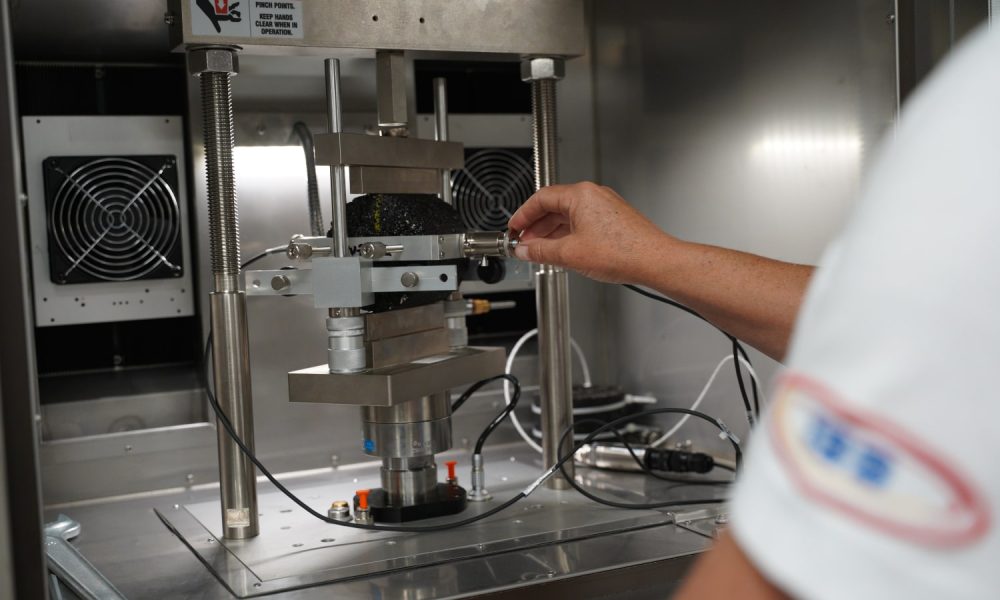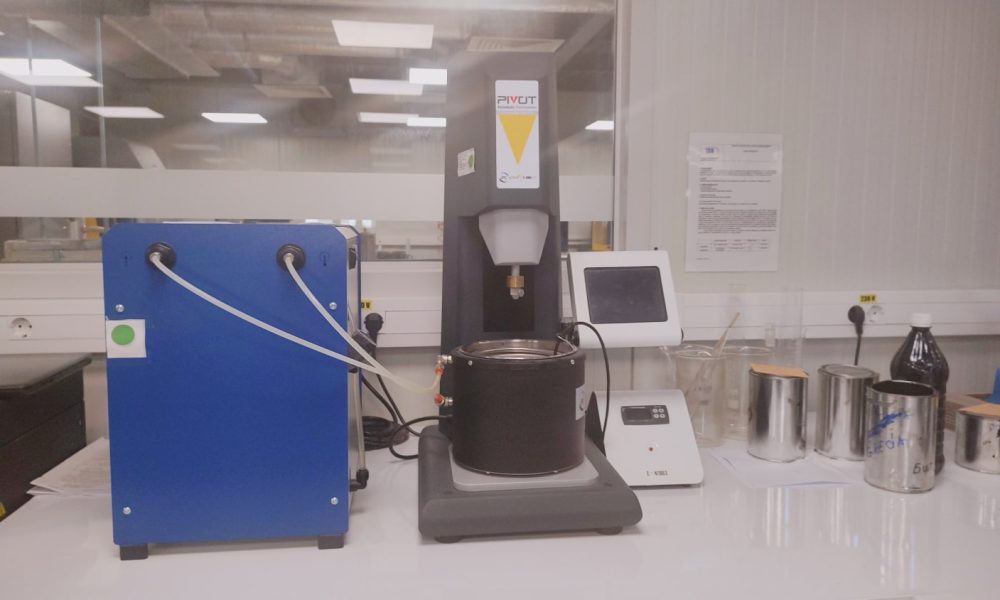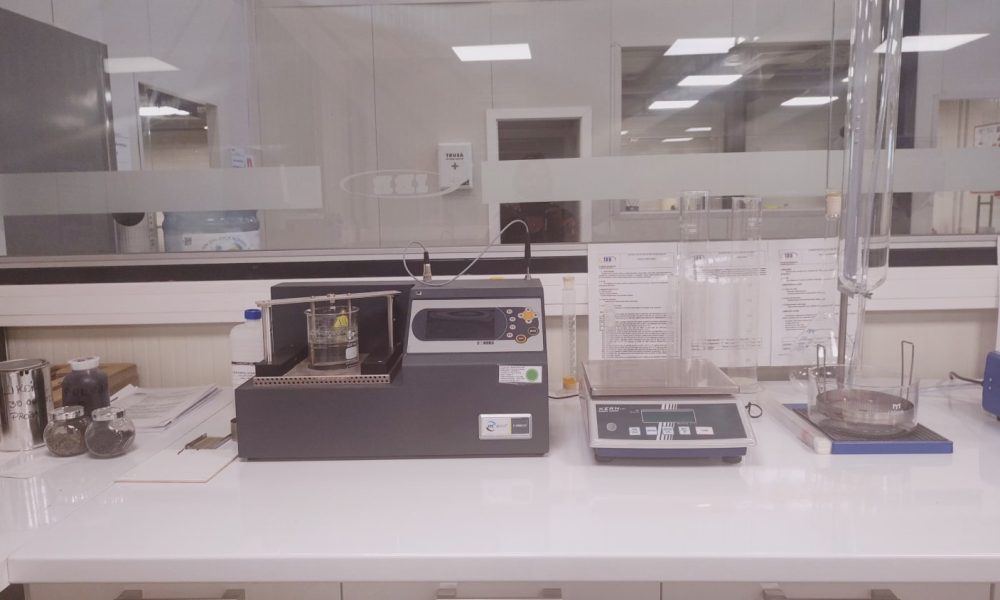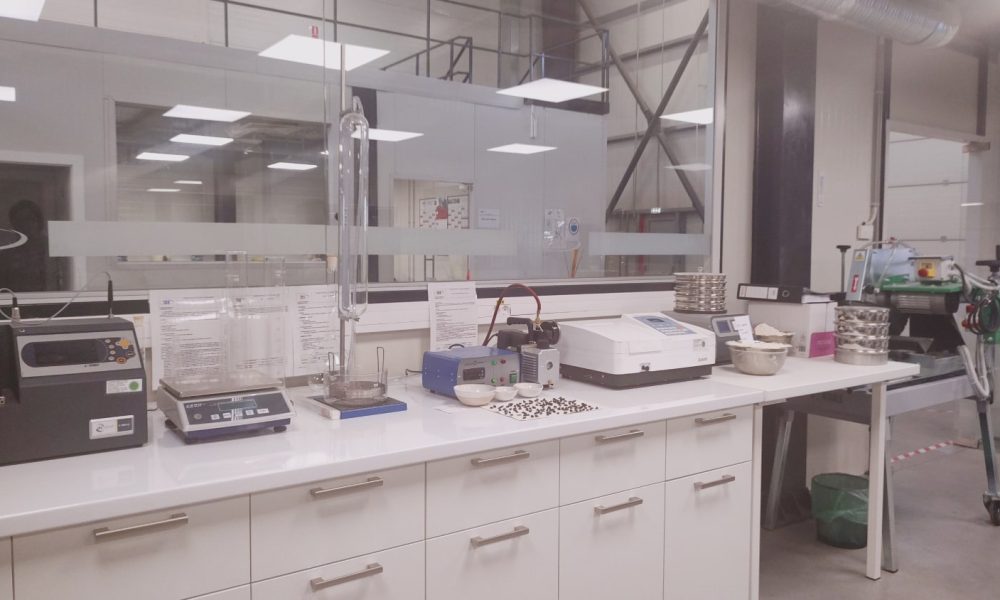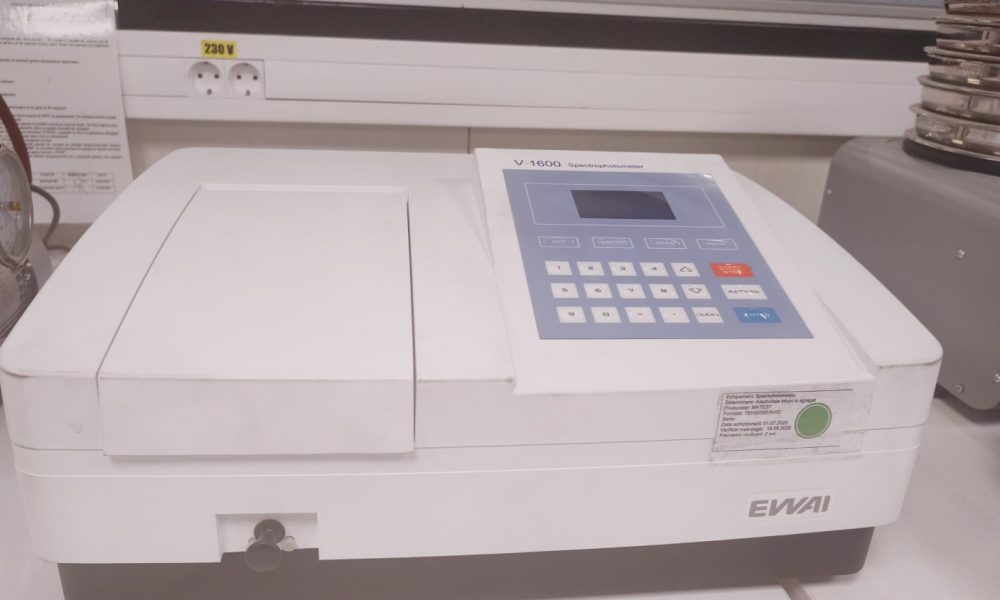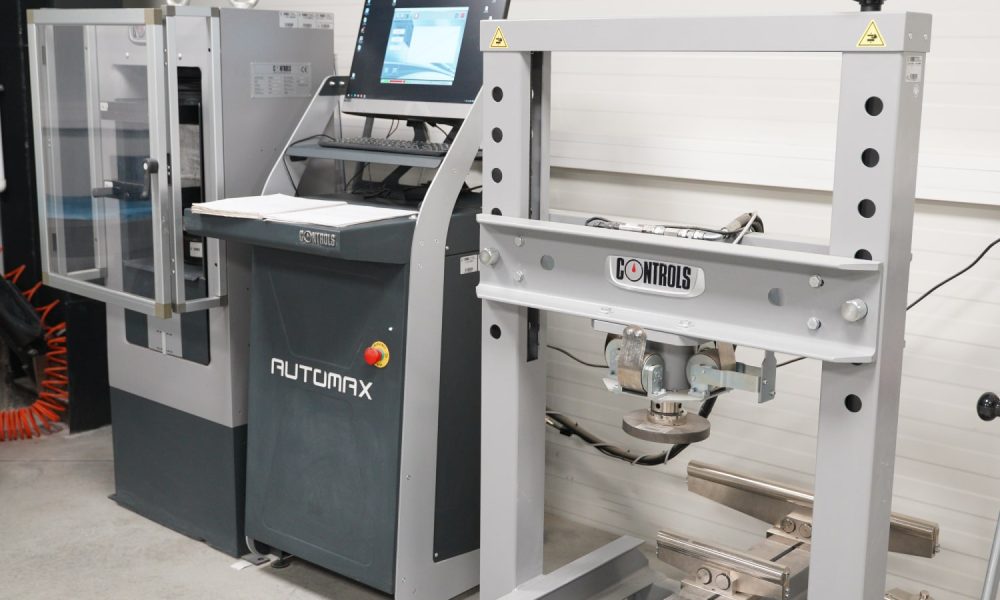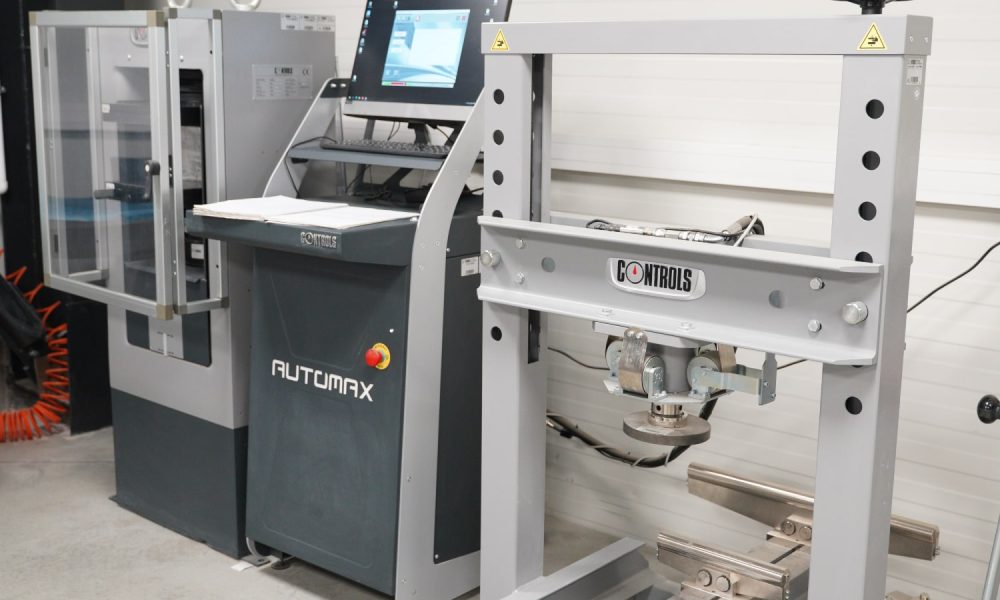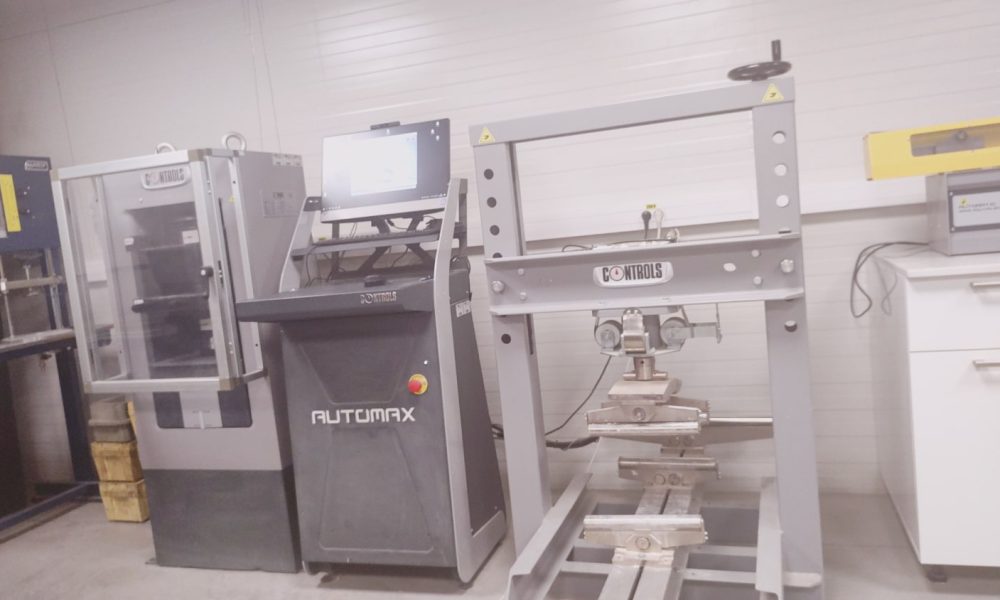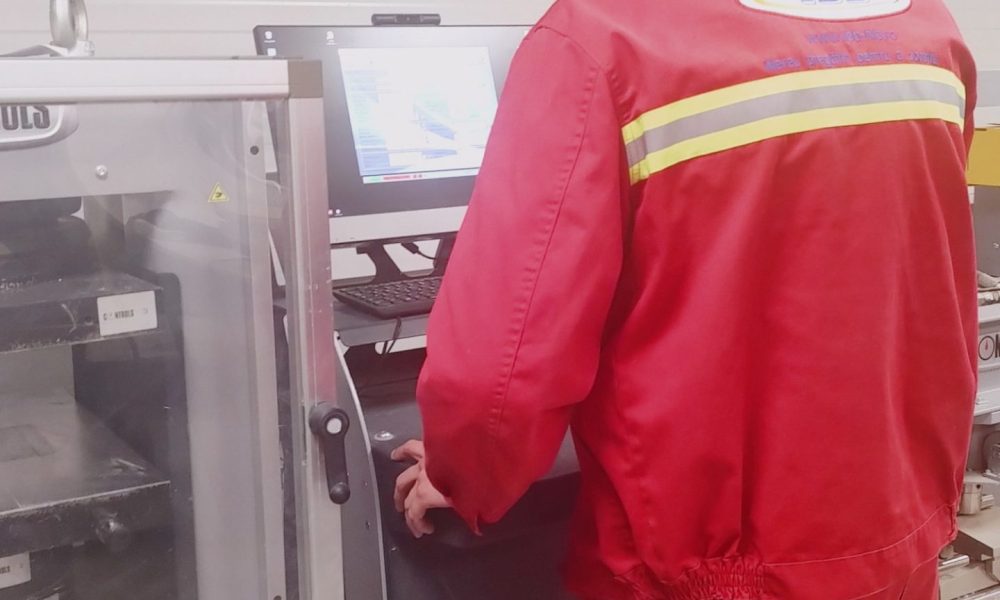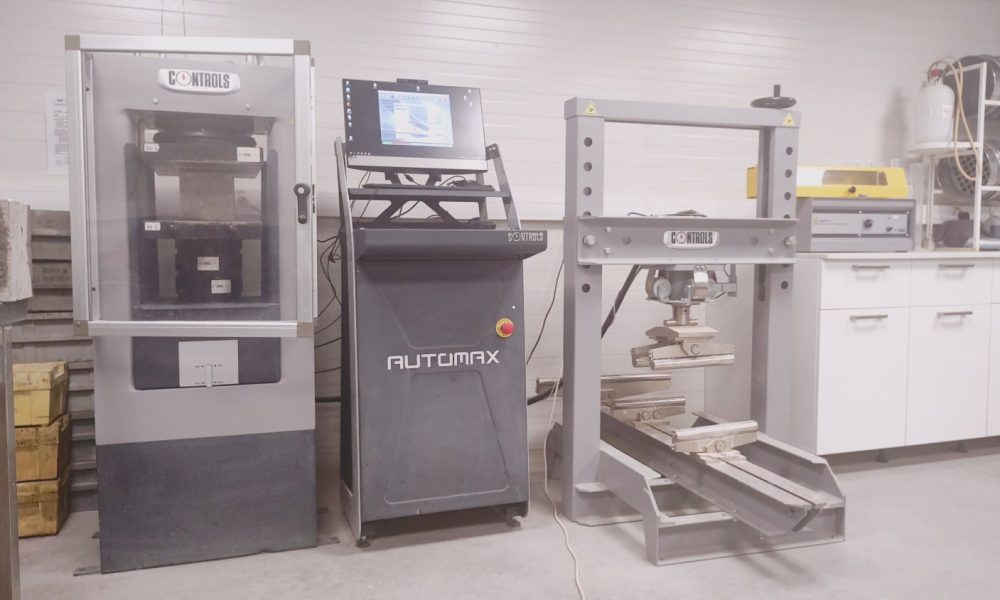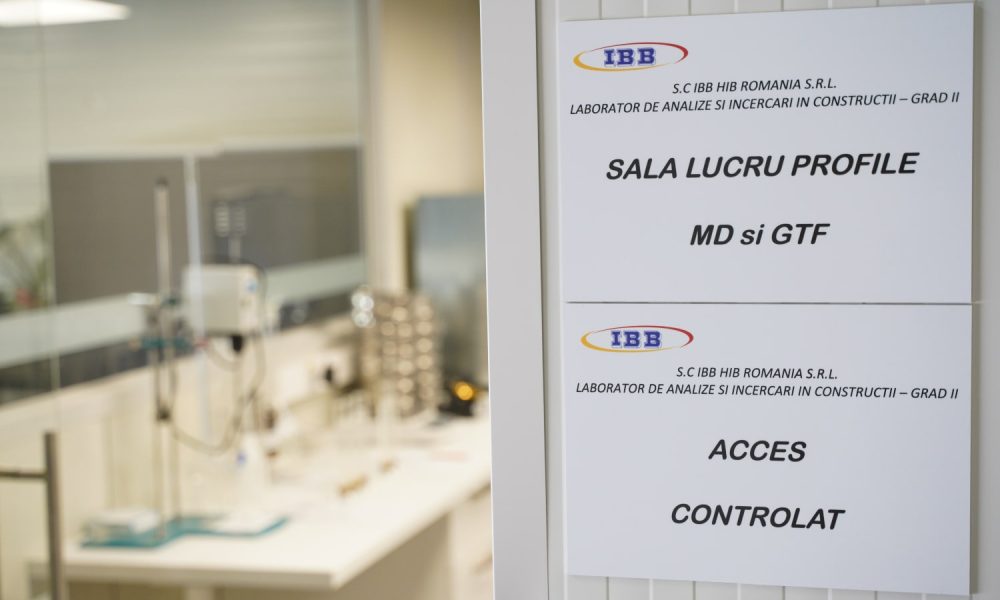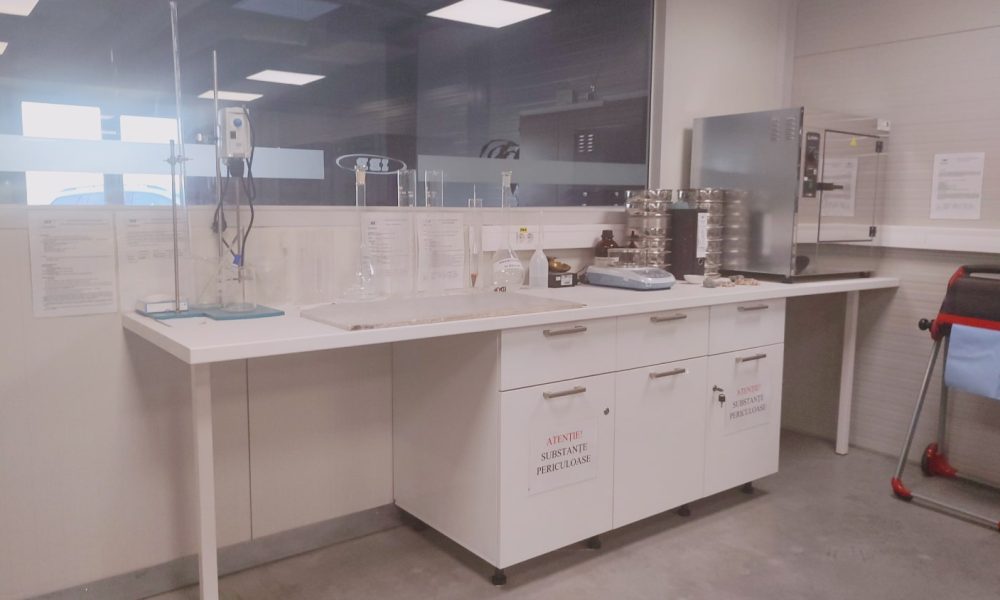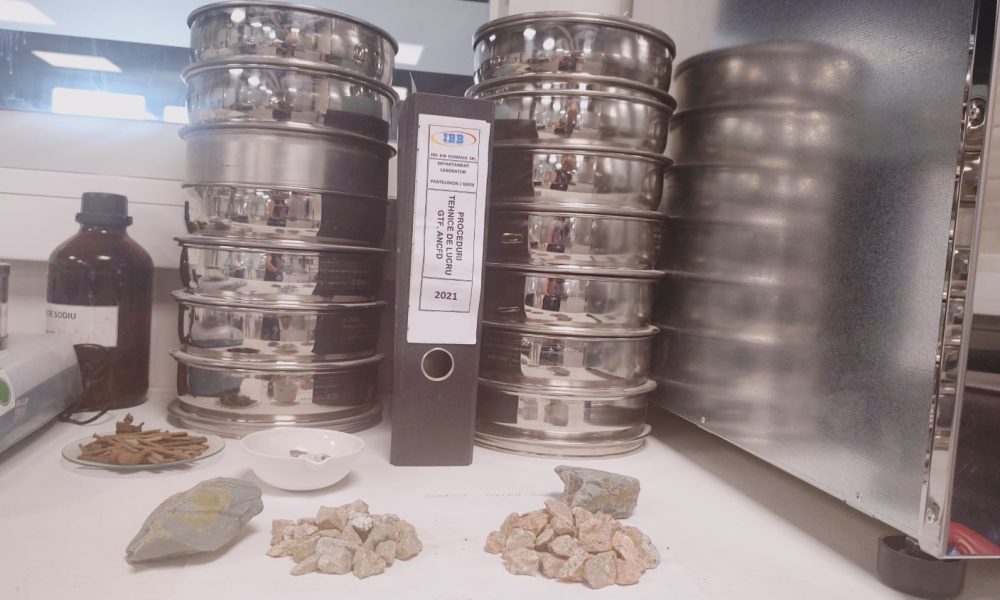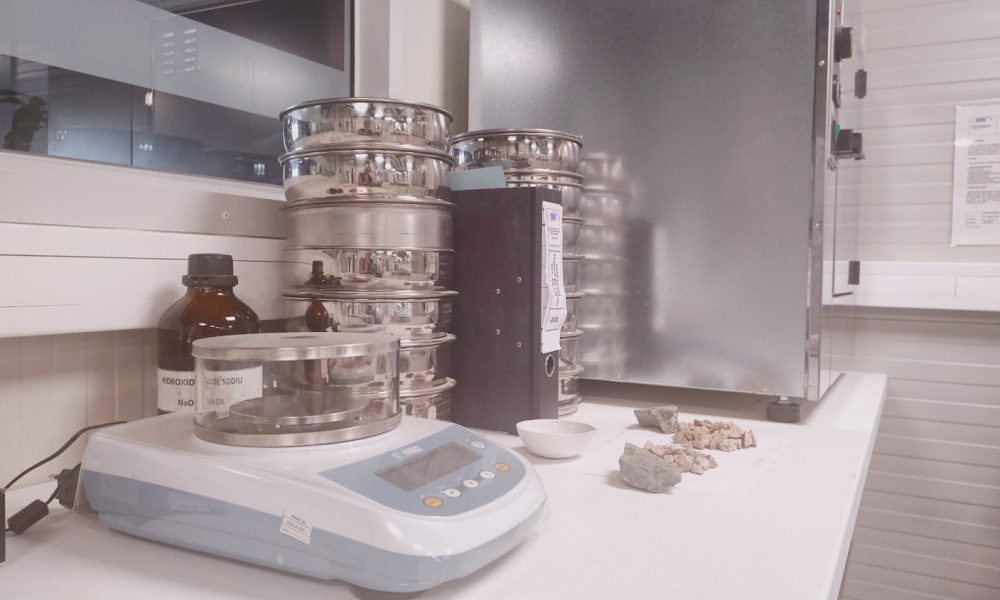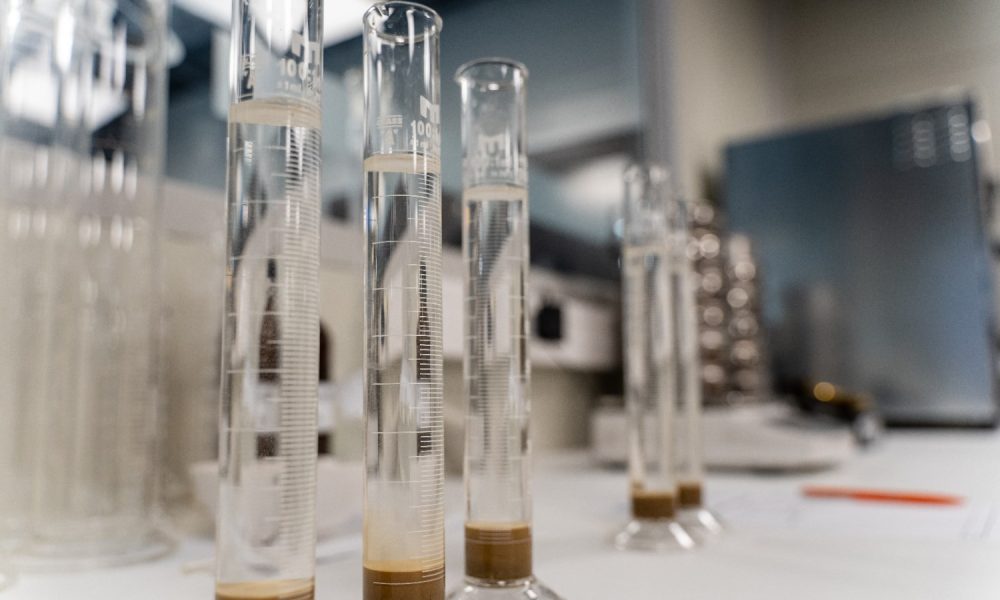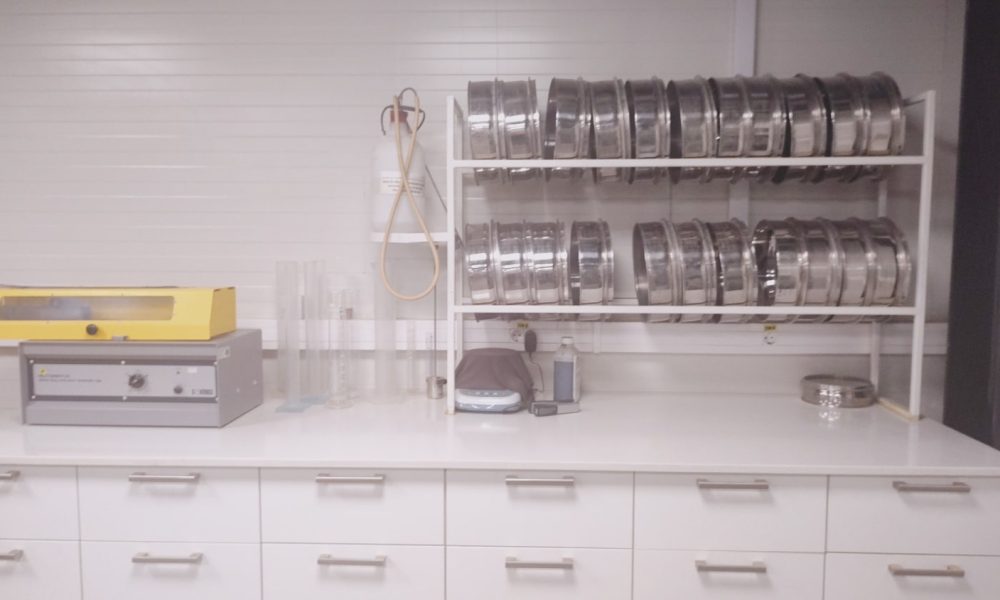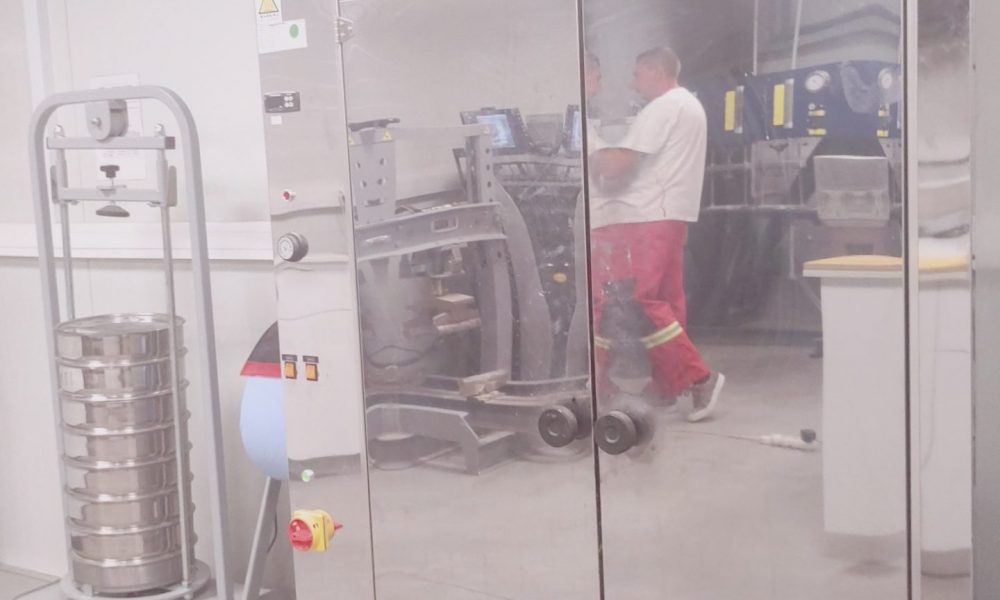IBB-HIB Romania
The quality of the services offered and the satisfaction of our customers' requirements are mandatory components that underlie the operation of this laboratory. In order to meet the technical requirements and tasks, the laboratory has high-performance technical equipment, corresponding to the standards in force for all authorized profiles, and its staff is made up of specialists with over 20 years of experience in construction activity.
Nowadays, when infrastructure and civil works are rapidly developing, there is an objective need for rigorous and continuous monitoring of the properties of the construction materials used and of the technological process at all stages, from the construction of earthworks to road surfaces.
IBB-HIB Romania has a modern and efficient laboratory for construction analysis and testing since April 2021. It is authorized by the State Building Inspection and can perform determinations for the following profiles:
The laboratory is an important partner of the quality and execution department, identifying products, materials, and services starting with their supply by marking or labeling them, putting them into operation, and checking their execution, so as to achieve traceability, an important requirement in the Quality System.
• Development of asphalt mix dosages and determination of the optimum binder dosage through preliminary physical-mechanical and dynamic tests;
• Quality control of the materials used in the composition of the mix, according to the standards and regulations in force;
• Controlling the correct application of the dosages developed, by daily analysis of the mix composition;
• Determining the composition of cement mixtures so as to ensure the strength and durability required for construction elements;
• Determination of optimal dosages of hydraulic binders in the process of improving soils and aggregates with hydraulic binders, both by on-side technology and in the plant producing stabilized aggregates.
Our team is continuously certified and trained to ensure the quality of customer service and implements quality system documents throughout all activity.
IBB's laboratory's basic features that enable it to meet even the most demanding requirements:
• Laboratory equipment for dynamic testing on asphalt mixtures;
• Laboratory equipment for determining the resistance of concrete to freeze-thaw allowing experimental studies on the gelivity of concrete under the action of climatic factors;
• Laboratory equipment for the investigation of road surfaces (determination of uniformity, roughness and deflections);
• The laboratory carries out physical-mechanical tests on products used in construction and road works, such as: fresh and hardened concrete, asphalt mixtures, bitumen, filler, subgrade, aggregates, concrete kerbs, concrete paving stones;
• The preparation of laboratory samples for the design and testing of bituminous mixtures, is carried out on a high quantity and quality, using an automatic laboratory mixer, BITUMIX, 30 liters capacity, with forced mixing, equipped with digital thermoregulator, temperature sensor that ensures uniform temperature control, mixing speed controller and the possibility of easy tilting for unloading operation;
• The laboratory covers a wide range of tests in the field of transport infrastructure (roads, passages, bridges, airports) and civil engineering;
• Marshall Stability Determination - is mainly aimed at determining the optimum composition of the asphalt mix to be manufactured and to control the stability of the mix produced in plants. Stability determination is carried out on the Marshall Apparatus, consisting of a digital test press, equipped with a transducer for determining the flow index;
• The determination of the binder content is carried out both using the Soxhlet apparatus and on an automatic analyser, the principle of the method consisting in the extraction of the binder using an organic solvent;
• The determination of water absorption is carried out on the apparatus consisting of a vacuum squeegee and vacuum pump and represents the amount of water absorbed by a specimen immersed for 3 hours in water at a vacuum of 15 - 20 mmHg, then maintained for 2 h in the same water at atmospheric pressure;
• The fatigue test of bituminous surfacings characterises how they behave under the effect of the alternating loads to which they are subjected by the action of traffic. Determination of fatigue strength is carried out in the laboratory by the IT-CY indirect stretching method according to SR EN 12697-24, Annex E. The principle of the method is to subject a cylindrical specimen to repeated vertical loads on its generator. Under these repeated loads of 250 kPa, tensile stresses perpendicular to the direction of loading will develop at the specimen, leading to cracking of the specimen. Fatigue life is defined by the number of loading cycles, at 15ºC, at 250 kPa, applied until the specimen cracks. The criterion used for the estimation of fatigue life assumes that the test is terminated when the value of the calculated horizontal tensile stress at the centre of the specimen is double the initial value;
• The stiffness modulus is the absolute value of the complex modulus, E* and is determined in the laboratory according to SR EN 12697-26, Annex C, by indirect tensile test on cylindrical specimens, IT-CY method.
• The resistance to permanent deformation by rutting test is carried out in accordance with SR EN 12697-22 and involves evaluating the depth of a pit formed by repeated passes of a loaded wheel, under conditions of constant temperature of 60º and a load of 720 N. The test highlights the influence of the type of binder, the volume of voids, the ratio of stringer to bitumen, the grading curve, etc. on the size of the pit, making it possible to study different types of asphalt mixes in comparison.
• Resistance to permanent deformation - by triaxial cyclic compression test - dynamic creep is carried out according to SR EN 12697-25. The test consists of subjecting a sample of asphalt mix to repeated tests, i.e. axial cyclic pulsating pressures superimposed with a lateral friction pressure. During the test, the change in specimen height is measured and the cumulative axial deformation (permanent deformation) is plotted against the number of cycles;
• Adhesivity of bitumen to aggregates by spectrophotometric method.

